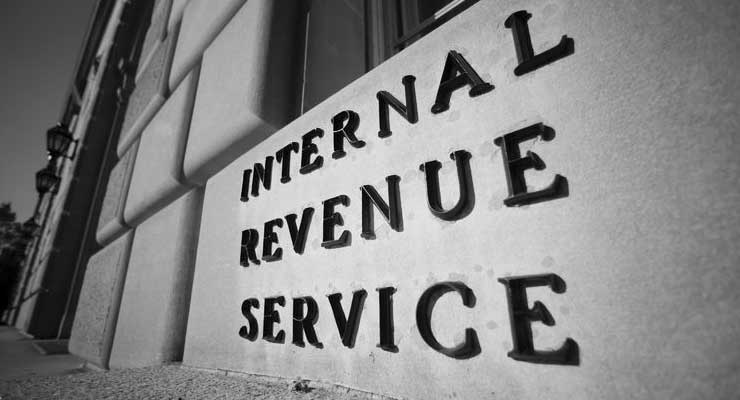
Sixth Circuit court takes issues with IRS targeting Tea Party groups in strongly worded opinion
From the Ballot Access News article, “Sixth Circuit Chides IRS for Appearing to Discriminate Against “Tea Party” Groups in Tax-Exempt Application Requests”:
On March 22, 2016, the Sixth Circuit issued this 17-page opinion in U.S. v NorCal Tea Party Patriots, 15-3793. The immediate issue in the Sixth Circuit was whether the IRS must release the names of all applicants for tax-exempt status in the last few years. A group of Tea Party and associated groups had filed a lawsuit, alleging that the IRS treats them far worse when they apply for 501(c)(3) tax status, than the IRS treats other groups. In order to prosecute the lawsuit, the Tea Party groups wanted to engage in discovery. Specifically, the plaintiffs wanted to show evidence that the IRS treats other groups far more leniently. But the IRS had refused to comply with that discovery request. The Sixth Circuit ordered the IRS to release the list.
The decision’s first two sentences are, “Among the most serious allegations a federal court can address are that an Executive agency has targeted citizens for mistreatment based on their political views. No citizen — Republican or Democrat, socialist or libertarian — should be targeted or even have to fear being targeted on those grounds.” The decision is by Judge Raymond Kethledge, a Bush Jr. appointee. The decision is co-signed by Judge Damon Keith, a Carter appointee, and David McKeague, a Bush Jr. appointee.
The allegations in the underlying lawsuit are that the IRS took four times as long to process applications from Tea Party Groups, and asked very obtrusive information, such as the names of all donors who had run for office, and for e-mail communications among the group’s leaders. Tax-exempt groups (otherwise known as 501c3 groups) are legally permitted to engage in limited, issue-based political advocacy. The lead plaintiff is the Northern California Tea Party Patriots, but there are many plaintiffs and this is a class action lawsuit. Thanks to Mark Seidenberg for this news.
The United States Court of Appeals for the Sixth Circuit, a federal court with appellate jurisdiction over the district courts in the Eastern District of Kentucky. Western District of Kentucky, the Eastern District of Michigan, and others also said:
We echo the district court’s observations about this case. The lawyers in the Department of Justice have a long and storied tradition of defending the nation’s interests and enforcing its laws—all of them, not just selective ones—in a manner worthy of the Department’s name. The conduct of the IRS’s attorneys in the district court falls outside that tradition. We expect that the IRS will do better going forward. And we order that the IRS comply with the district court’s discovery orders of April 1 and June 16, 2015—without redactions, and without further delay.
According to Kedar Bhatia’s summary memo from the October Term 2012 on SCOTUSblog:
The court is composed of sixteen judges and is based at the Potter Stewart U.S. Courthouse in Cincinnati, Ohio. It is one of thirteen United States courts of appeals. Decisions issued by the Sixth Circuit were reversed by the United States Supreme Court 24 out of the 25 times they were reviewed in the five annual terms starting in October 2008 and ending in June 2013 — a higher frequency than any other federal appellate court during that time period.
Leave a Reply